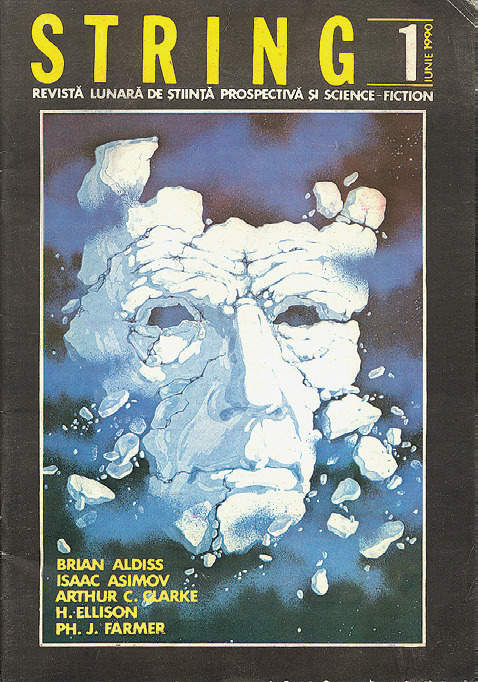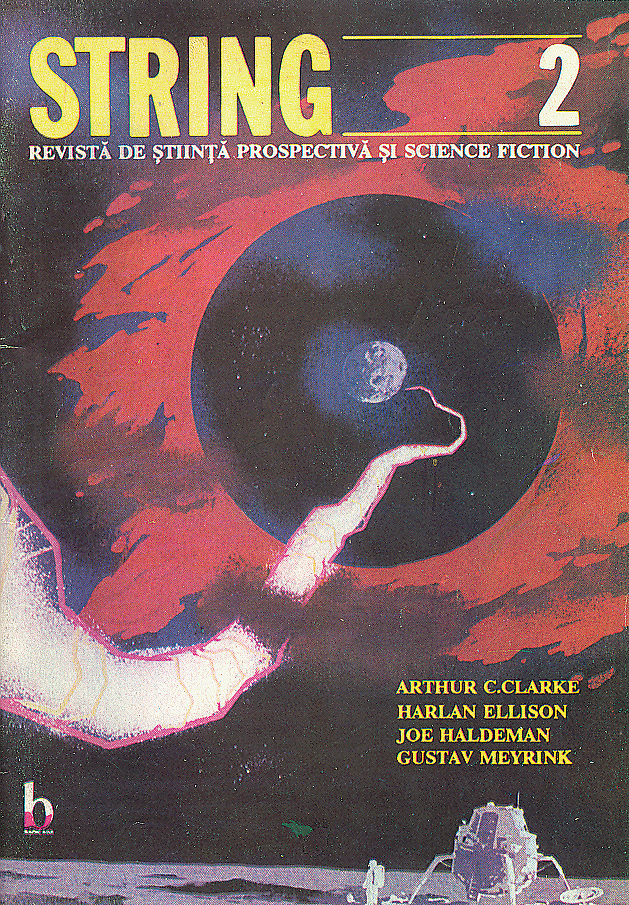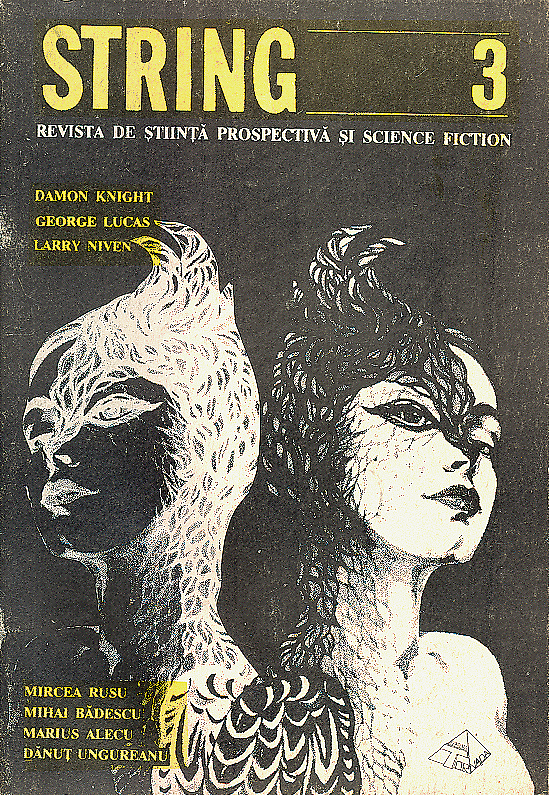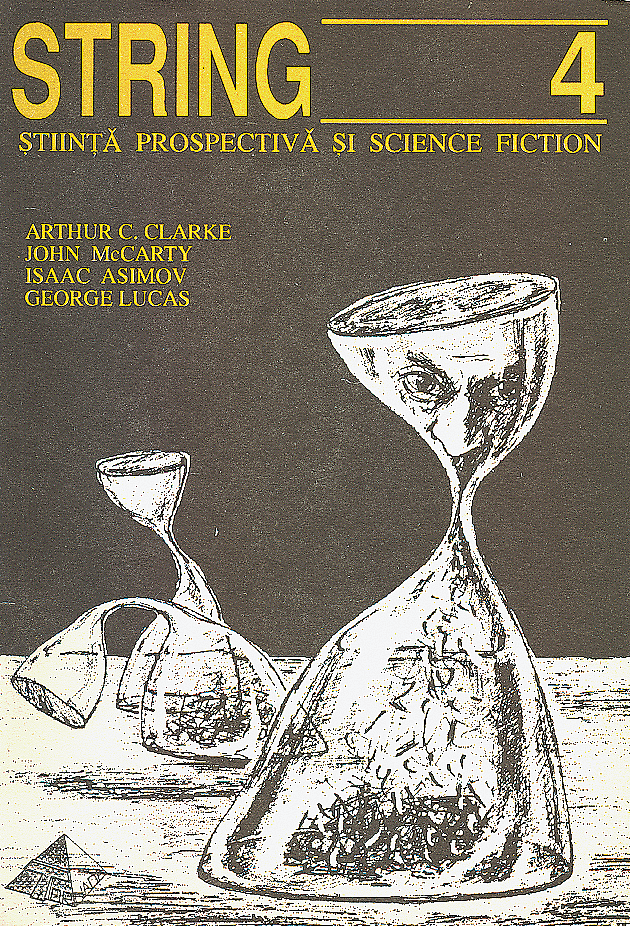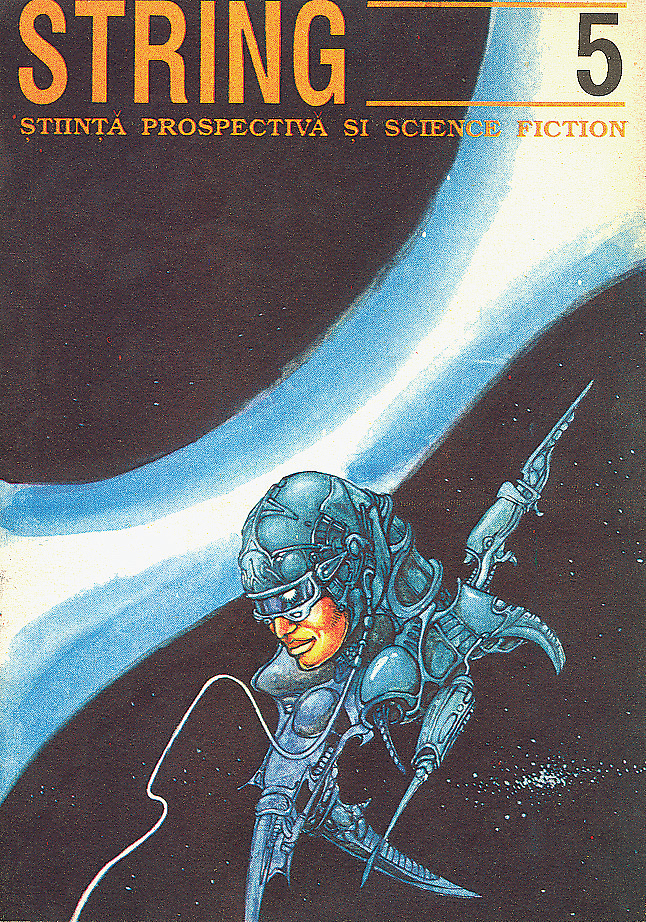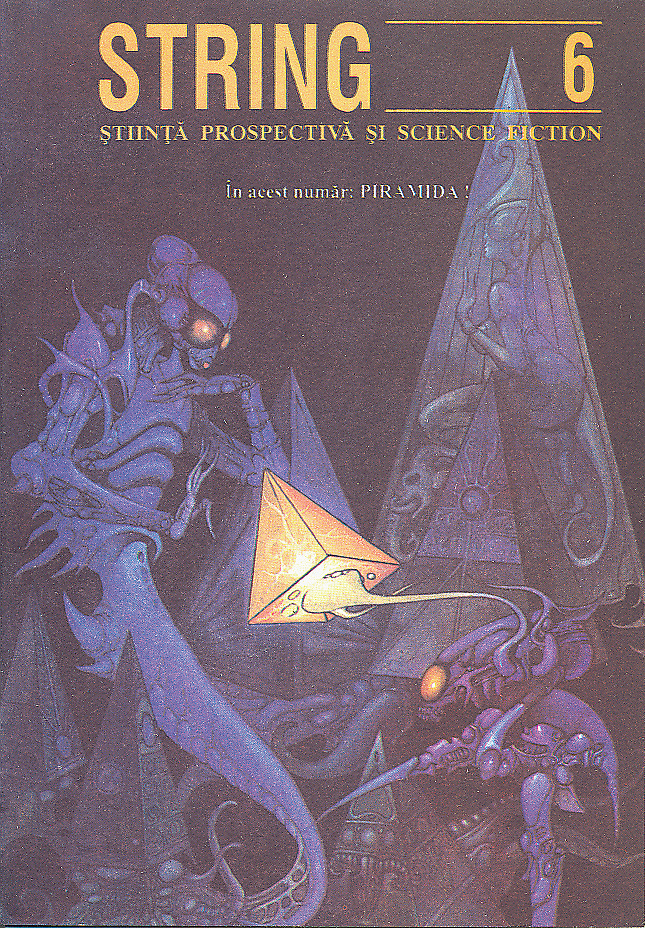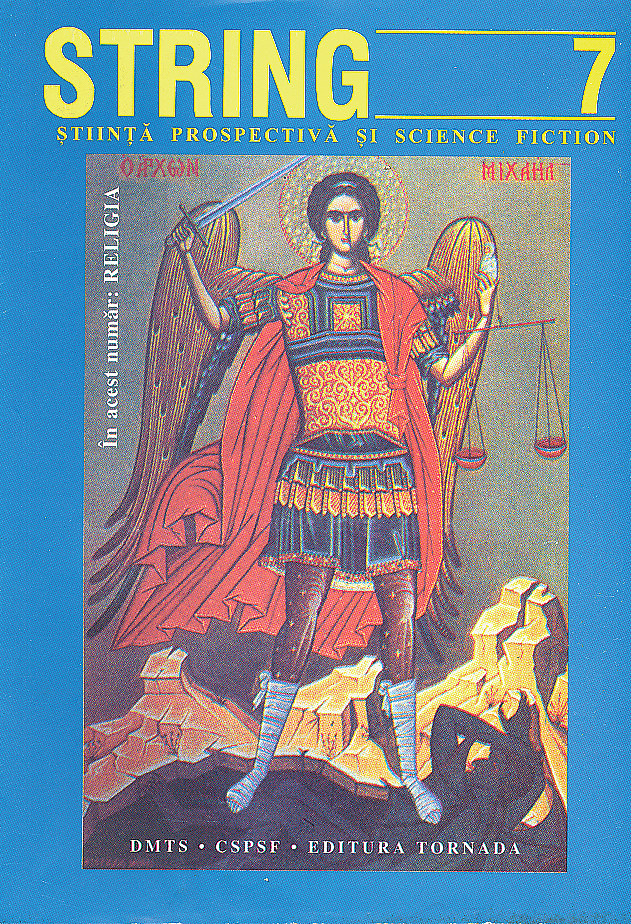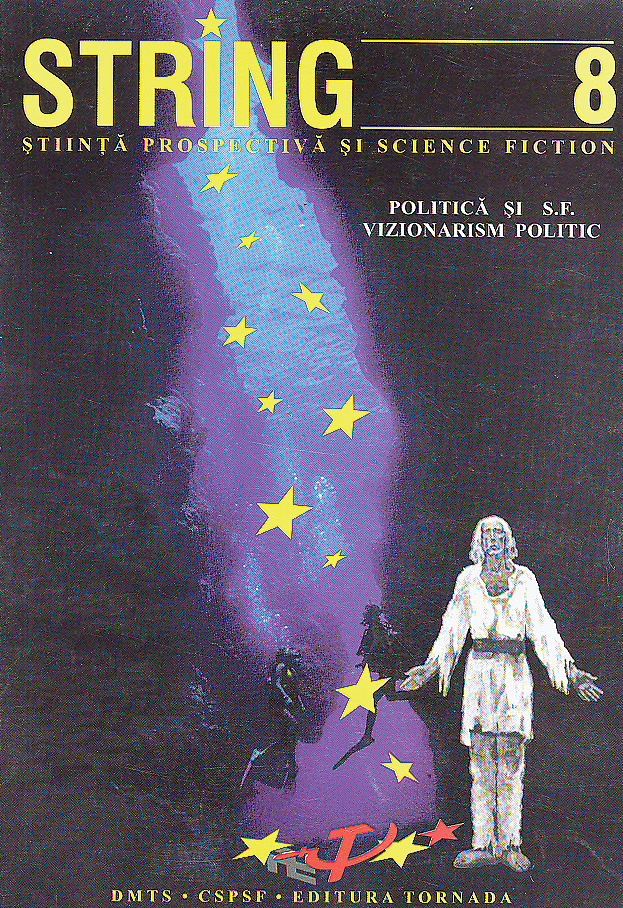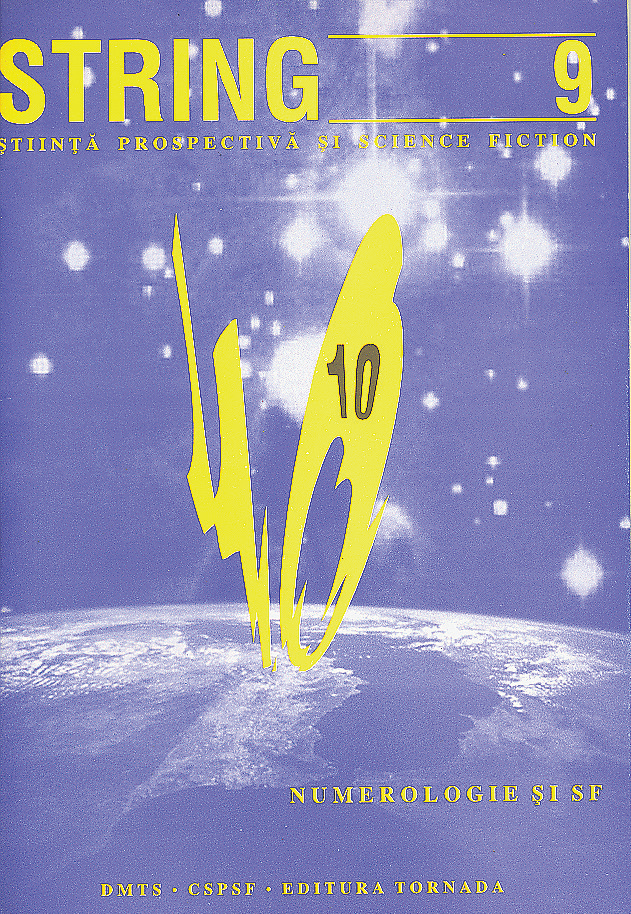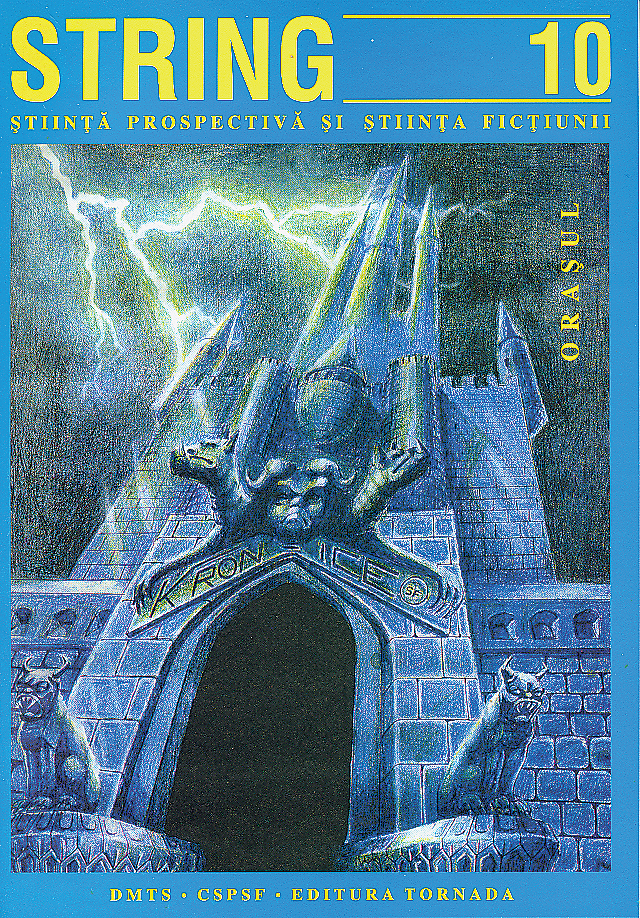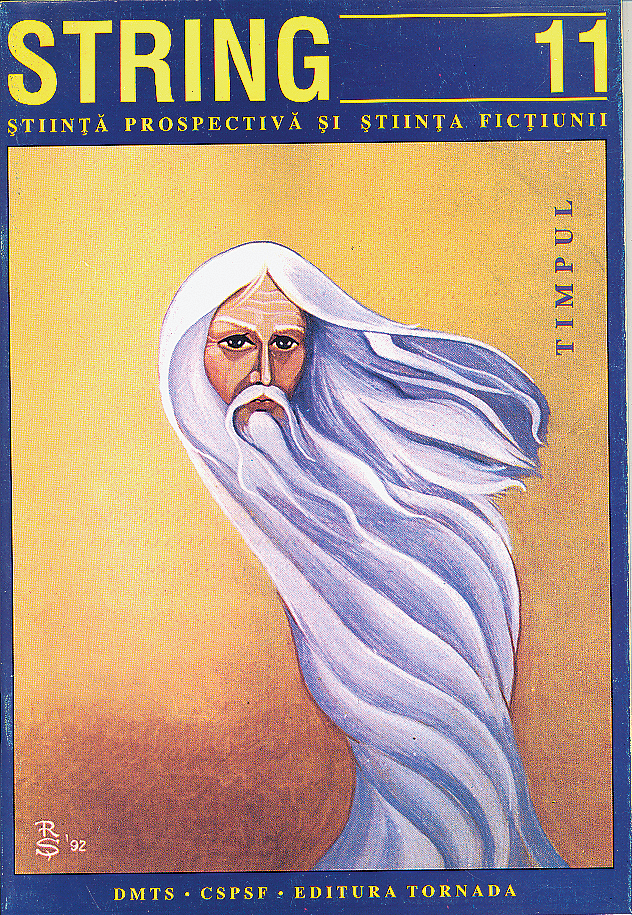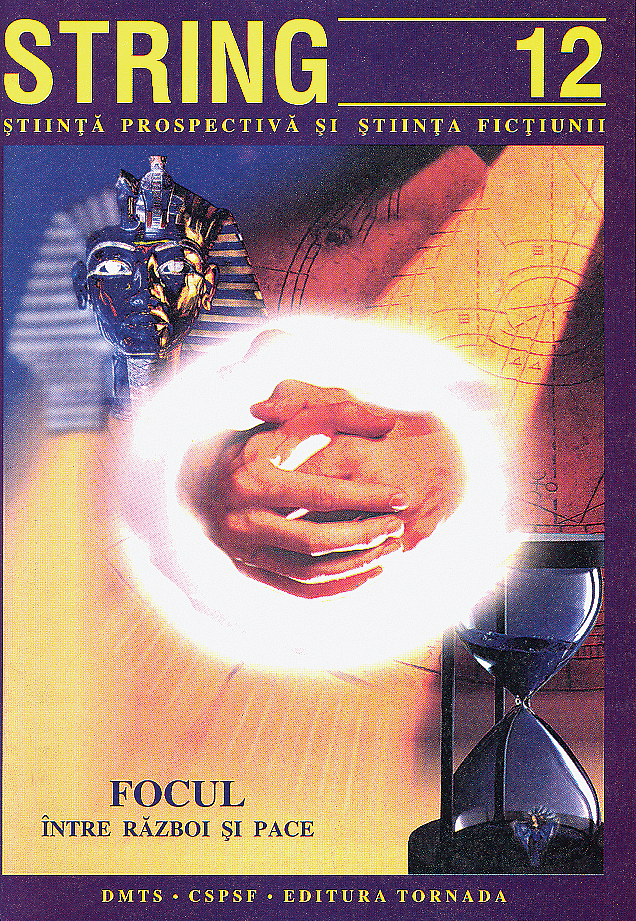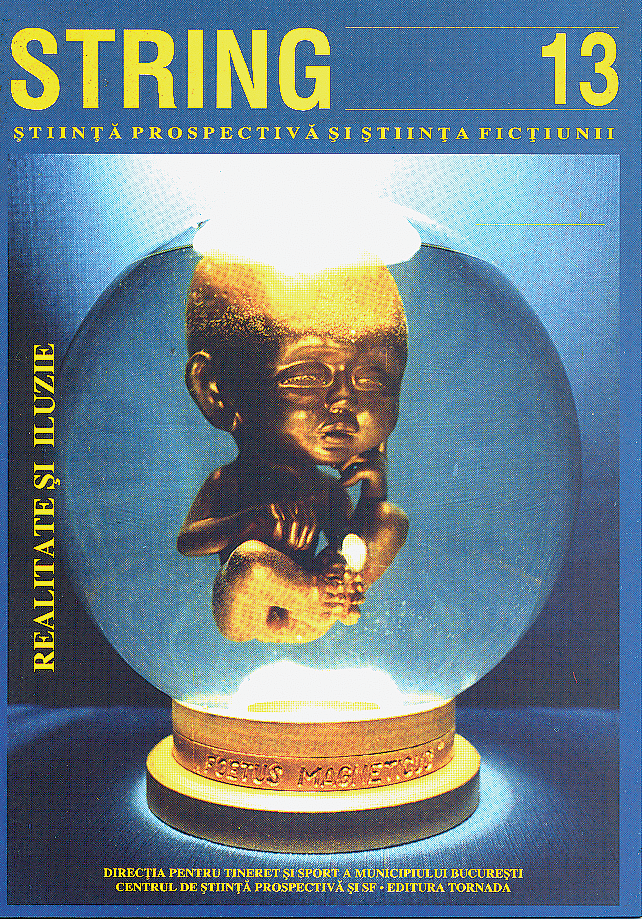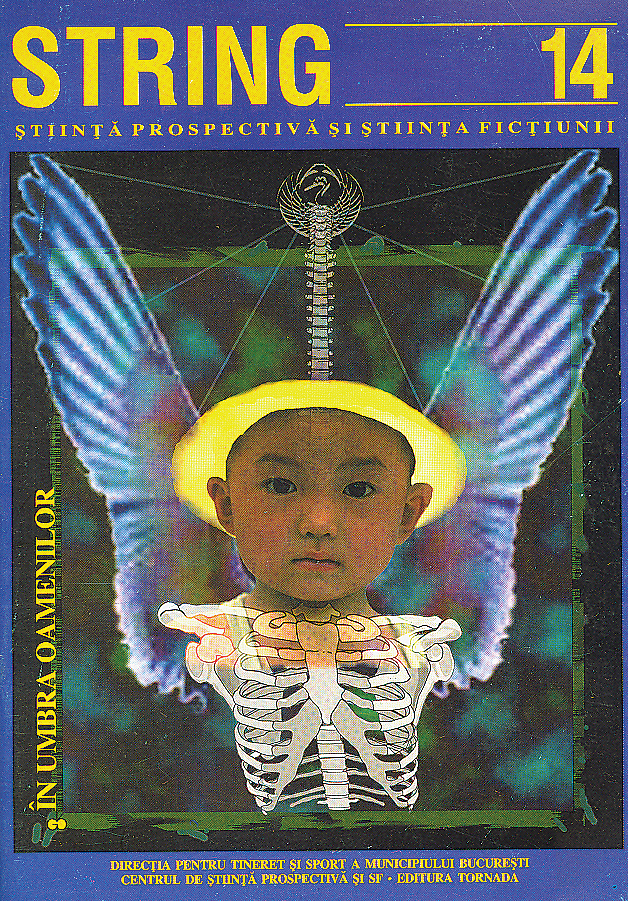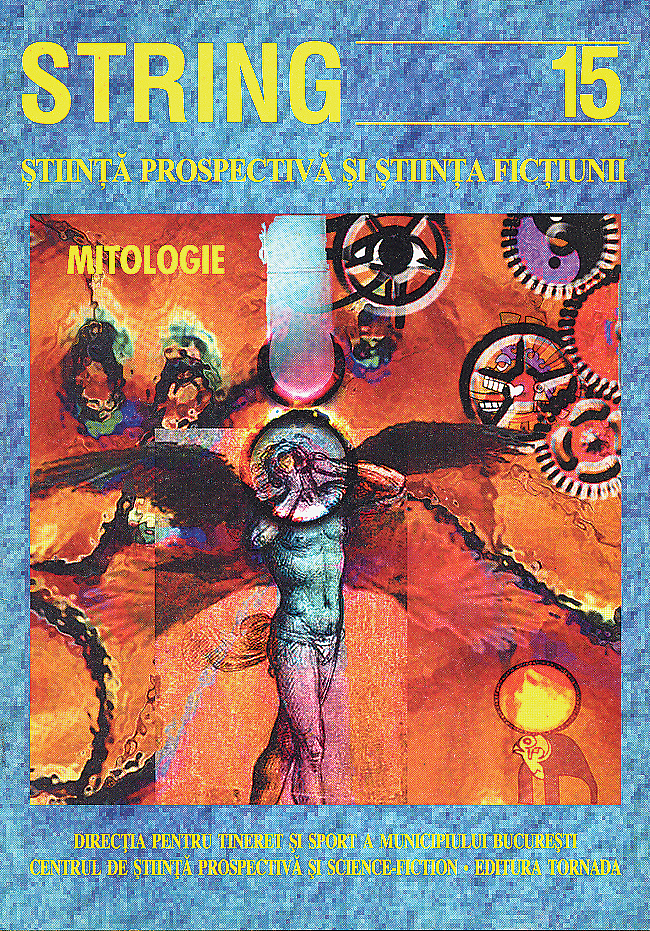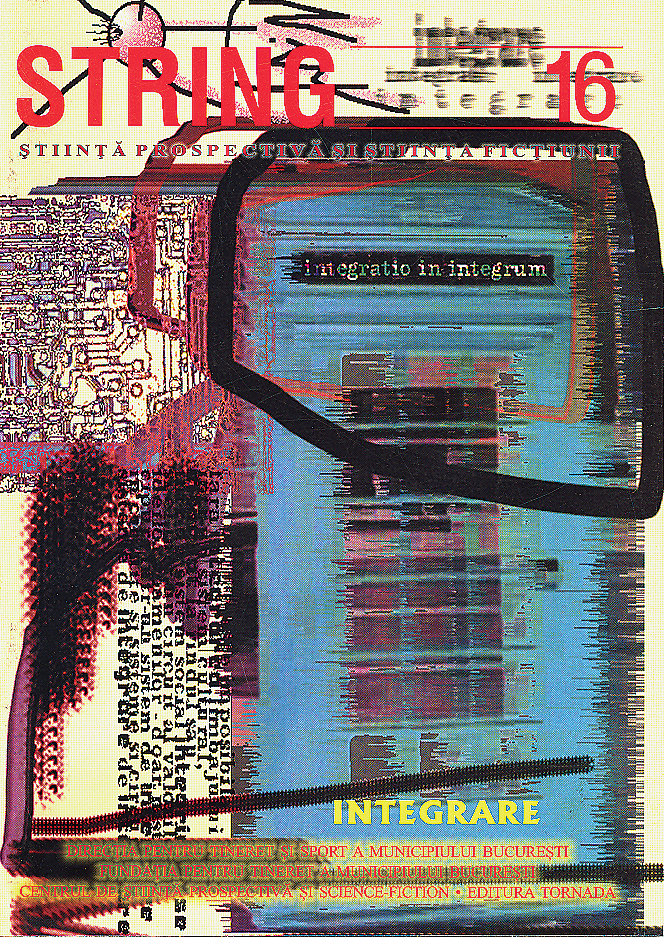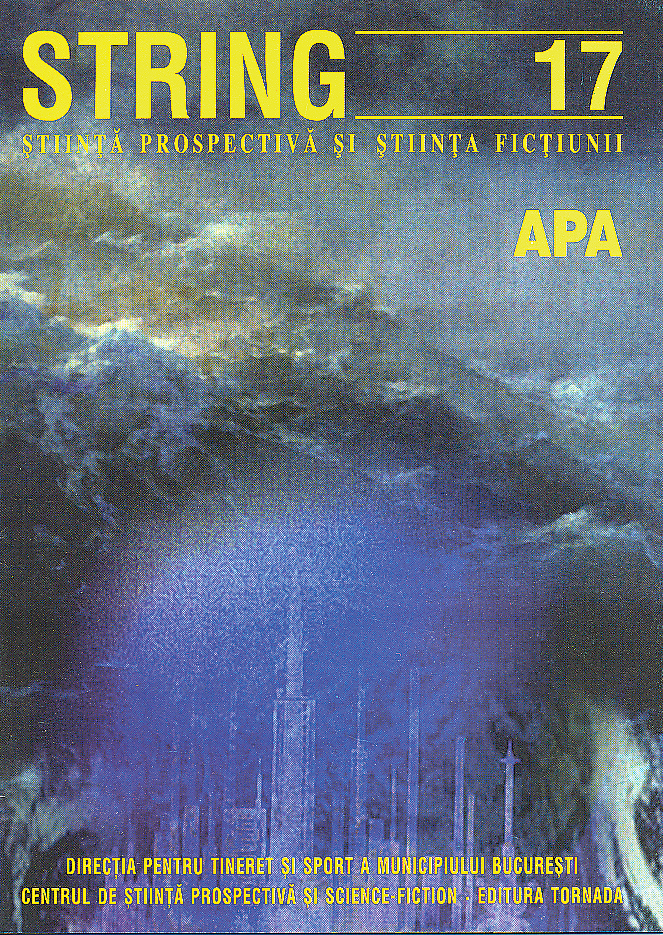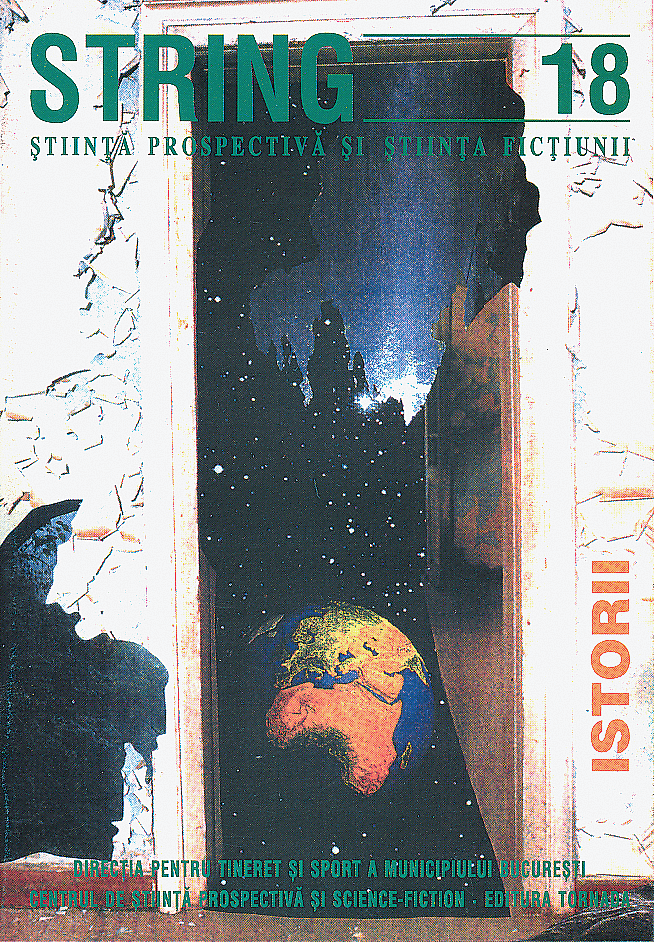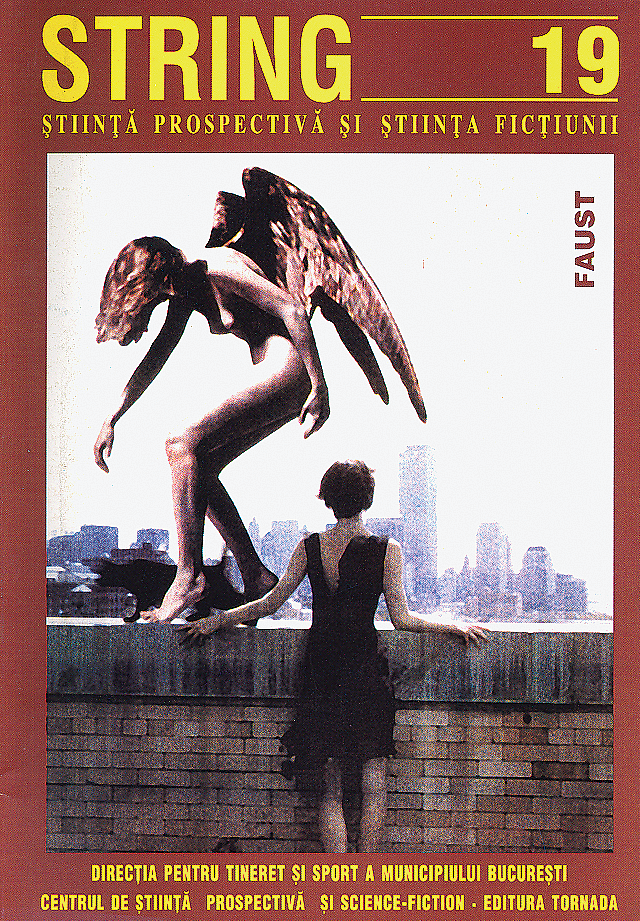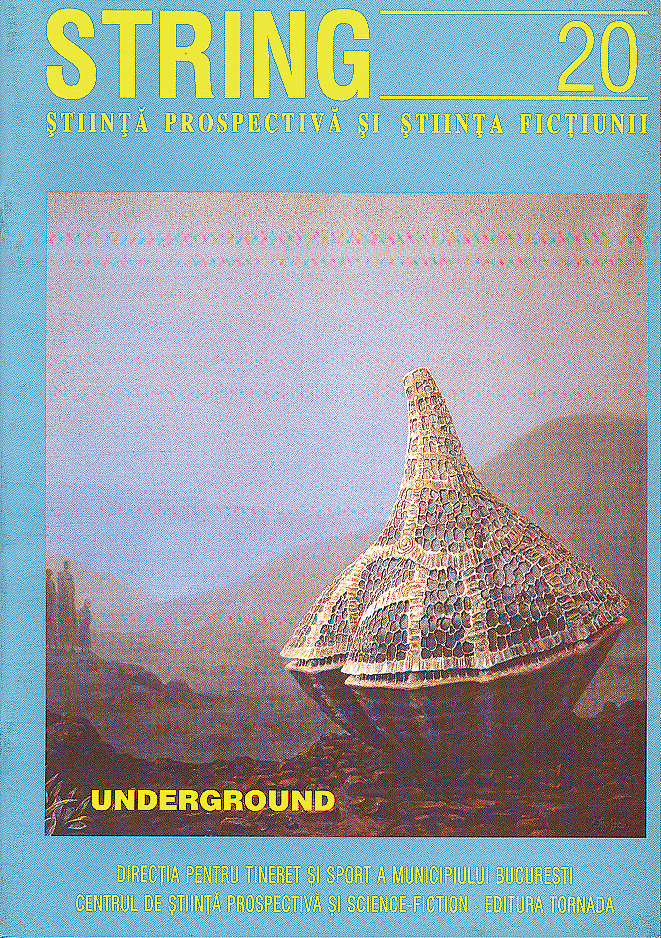Exploring the universe through mythology
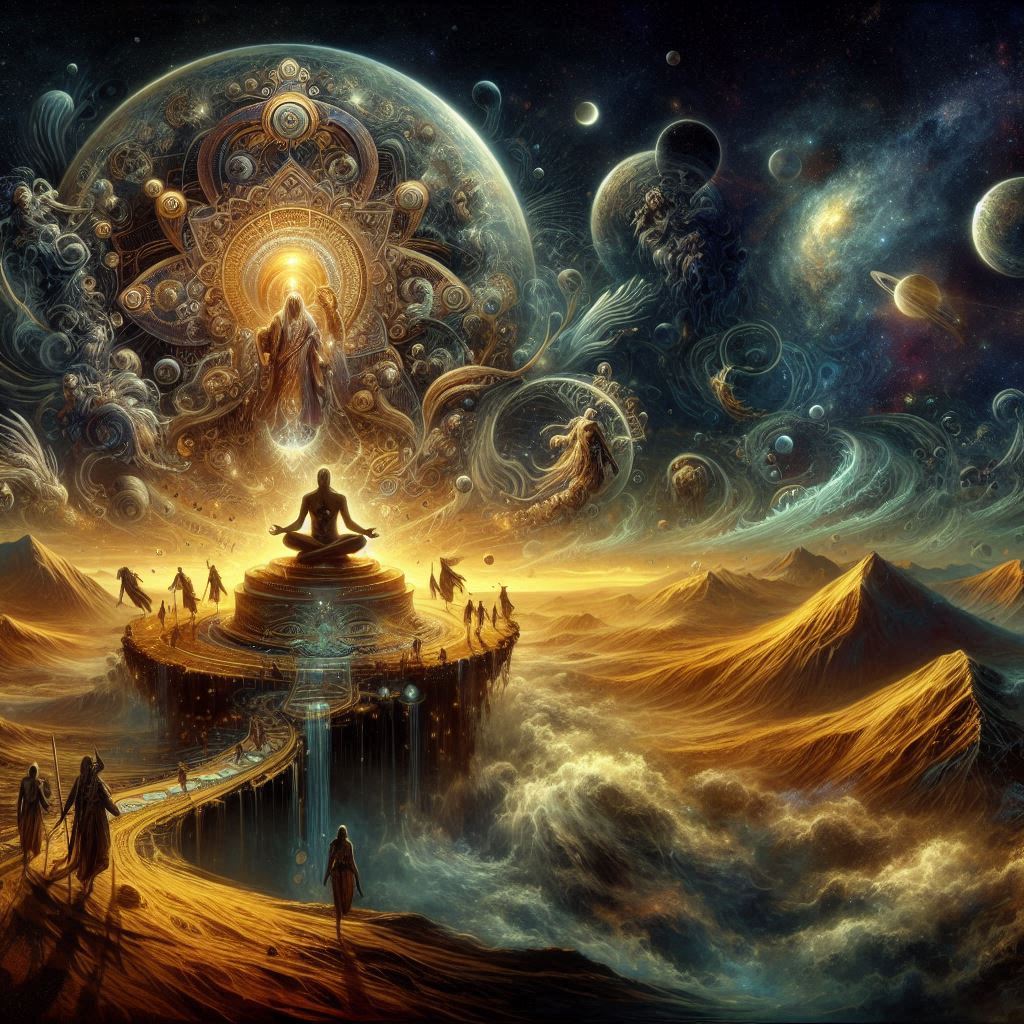
Introduction: the method of study is scientific, but Myth and Mythology are not scientific theories
Theme in motion. History, definition and classification: Ritual myths, Origin myths, Cult myths, Prestige myths, Eschatological myths, Social myths, Memorial myths, Phenomenological myths, Cosmographic myths, Transcendental myths; Cosmogonic Myths, Anthropogonic Myths, Theogonic Myths, Etiological Myths, Fundamental Myths, Moral Myths, Eschatological Myths, Creation Myth, Mother Myth, Father Myth, Fantastic Creatures
Notable achievements, exemplary stories and exploration through the imaginary: Prometheus and fire, Narcissus and Echo, Scylla and Charybdis, Perseus and Medusa, The Tragedy of Sisyphus, Orpheus and Eurydice, Icarus (considered the first glider) and Daedalus (considered the first ancient architect), Oedipus, the Amazons, the abduction of Persephone; Thracians, Samurai, Apache Indians, Lost Tribes of the Amazon, African Maasai, Maoris, Eskimos, Tibetans, Eurodives, Dervishes, Crusaders; Socrates, Confucius, Alexander the Great, Caesar, Attila, Gingis Khan, Augustine, Robin Hood, Marco Polo, Montezuma, Leonardo Da Vinci, Dimitrie Cantemir, Rasputin; Beautiful Helen of Troy, Jezebel from the Bible, Cleopatra, Delilah, Salome, Witch Medea, Sirens, Sphinx, Hindu Goddess Kali, Karina, Matriarchs, Xena, Amazons, Hypatia, famous queens from history
Gallery of mythological portraits: Greek mythology; Sumerian mythology; Egyptian mythology; Chinese mythology; Japanese mythology; Maori mythology; Native American mythology; Scandinavian mythology; Celtic mythology; the mythology of daco-gets; Thracian mythology; the mythology of the Romans; the creatures present in legends, fables, folklore, mythology; mythological animals; the relationship between myths and natural phenomena of the past
Weird assumptions: all these mythological stories are strange descriptions from the childhood of mankind, therefore strange hypotheses
Perspectives and conclusions: the myth can also be researched under aspect protofilosofic, everyday myths


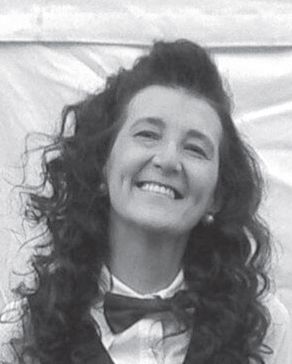
 Română
Română Deutsch
Deutsch English
English Español
Español Esperanto
Esperanto Français
Français Italiano
Italiano Latīna
Latīna Português
Português 中文(简体)
中文(简体) 日本語
日本語 한국어
한국어